On August 22 and 23, 2024, the National Bureau of Economic Research (NBER) Chinese Economic Working Group 2024 Autumn Meeting was successfully held at Puhe Campus of Liaoning University. The meeting focused on discussing cutting-edge issues in the fields of macroeconomics and finance, attracting experts and scholars from more than 30 top universities around the world to attend, including Harvard University, Massachusetts Institute of Technology, Stanford University, Princeton University, Columbia University, University of Pennsylvania, Cornell University, Emory University, University of Colorado, National University of Singapore, Hong Kong University, Chinese University of Hong Kong, Hong Kong University of Science and Technology, Peking University, Tsinghua University, Fudan University, Renmin University of China and Shanghai Jiaotong University.
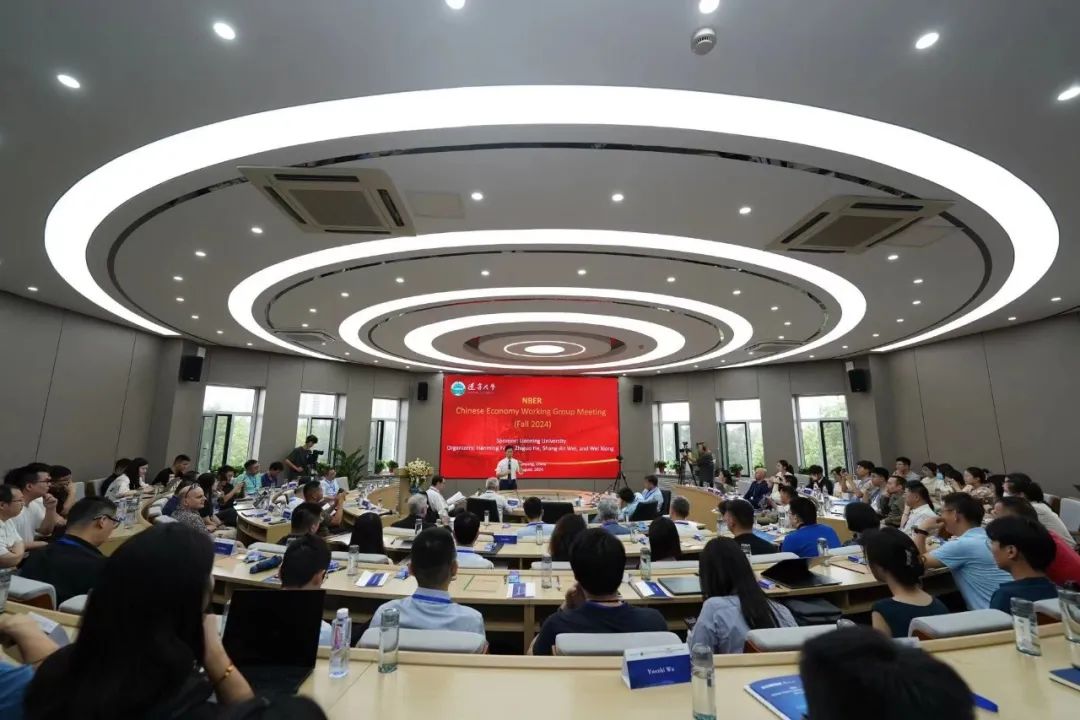
The success of this meeting highlighted the recognition and support of the international academic community to the achievements of Applied Economics at Liaoning University. Through in-depth exchanges and discussion, the participants agreed that this meeting, as a high-level academic feast, played an important role in promoting international academic exchanges and cooperation and understanding China’s economy. Meanwhile, they also made a consensus that the Northeast China is a good place and that the comprehensive revitalization of the Northeast would soon be achieved.
This meeting was divided into four sections, presided over by Professor Wei Shangjin from Columbia University, Professor Fang Hanming from the University of Pennsylvania, Professor Xiong Wei from Princeton University and Professor He Zhiguo from Stanford University respectively. Professor Yu Miaojie, Deputy Secretary of the CPC Committee and President of Liaoning University delivered a keynote speech.
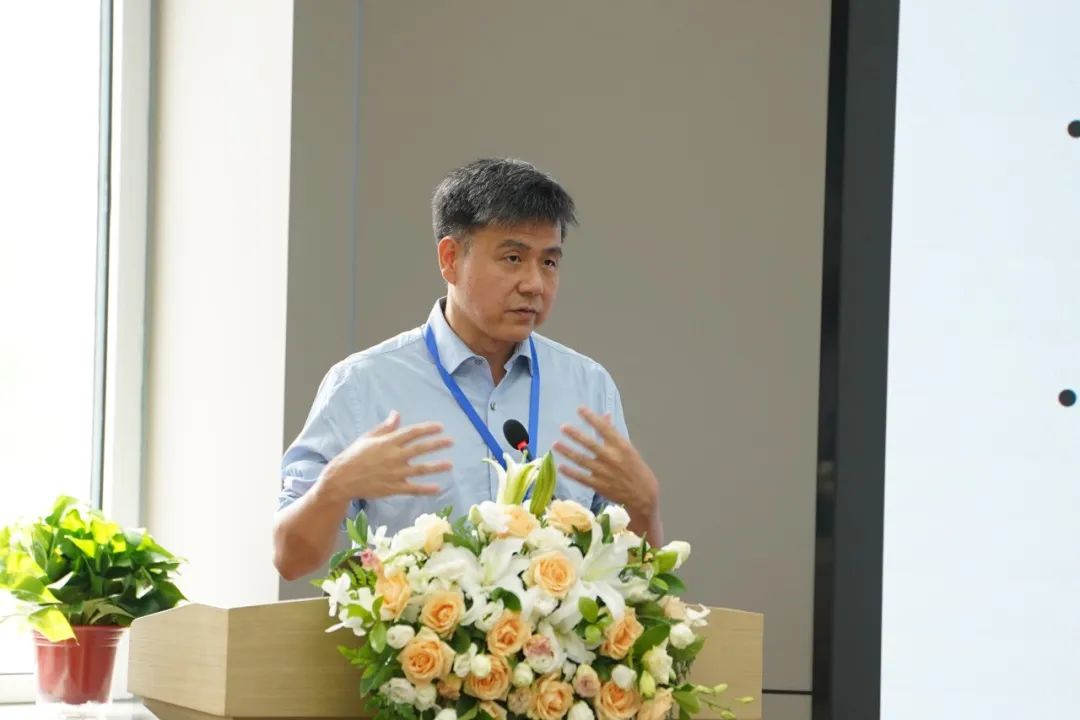
Professor Xiong Wei from Princeton University chaired the third section of the meeting. Professor Gao Haoyu from Renmin University of China, Professor Pan Jun from Shanghai Jiao Tong University, and Professor Li Yao from Hong Kong University of Science and Technology each delivered presentations.
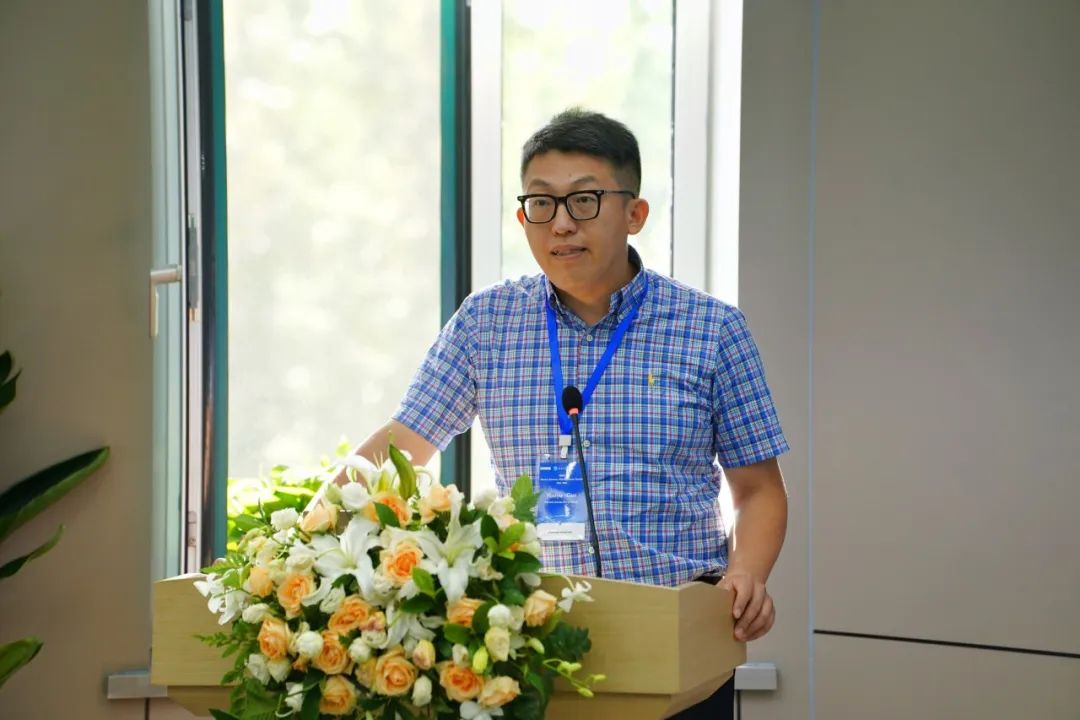
In his presentation titled ‘Pricing the Priceless: The Financial Cost of Biodiversity Conservation’, Professor Gao Haoyu suggested that traditional methods of protecting biodiversity incur certain financial costs, thus necessitating a shift in conservation strategies. The report found that in prefecture-level cities with national nature reserves, government bond yields significantly increased after the implementation of such policies. This rise was attributed to the increased fiscal pressure on local governments due to measures taken to protect biodiversity, such as closing illegal businesses and investing in ecological restoration. Although local governments achieved positive results in promoting biodiversity, investors primarily focused on the increased fiscal pressure resulting from policy implementation, which led to higher financial costs.
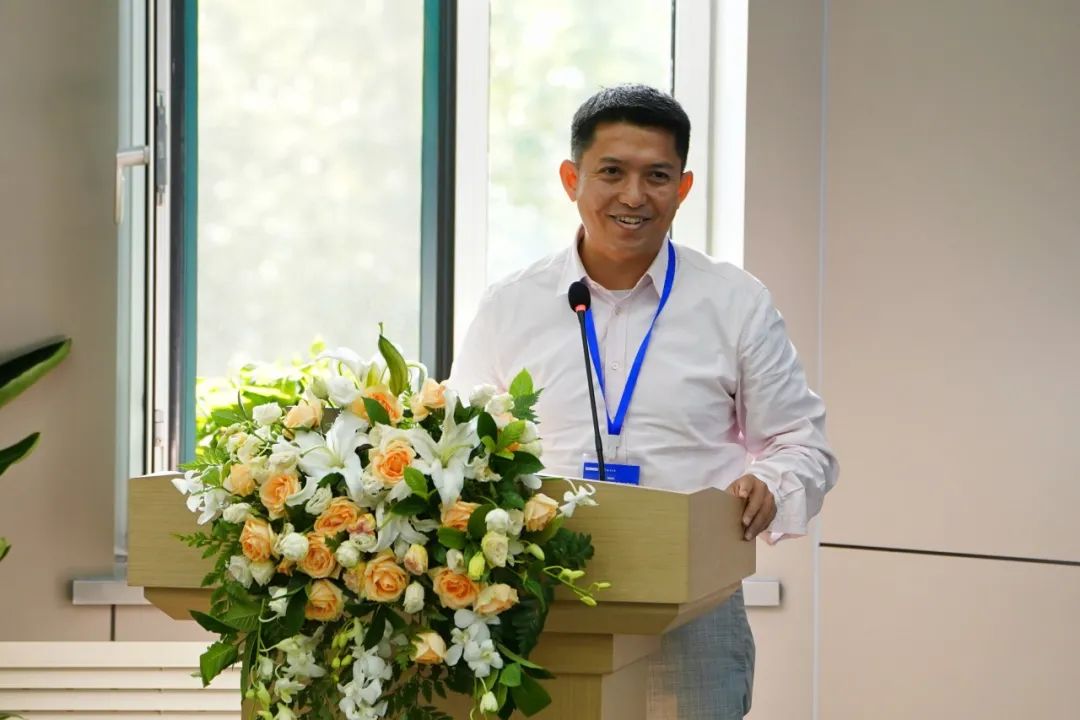
Professor Tang Yongjun from the University of Hong Kong provided an insightful commentary on the report. He first offered a more intuitive interpretation of the issues discussed in the report by using the example of the Baishan Municipal Government’s management of the Changbai Mountain Nature Reserve. He then further commented on the report from perspectives such as local government funding sources, bond durations, and economic impacts.
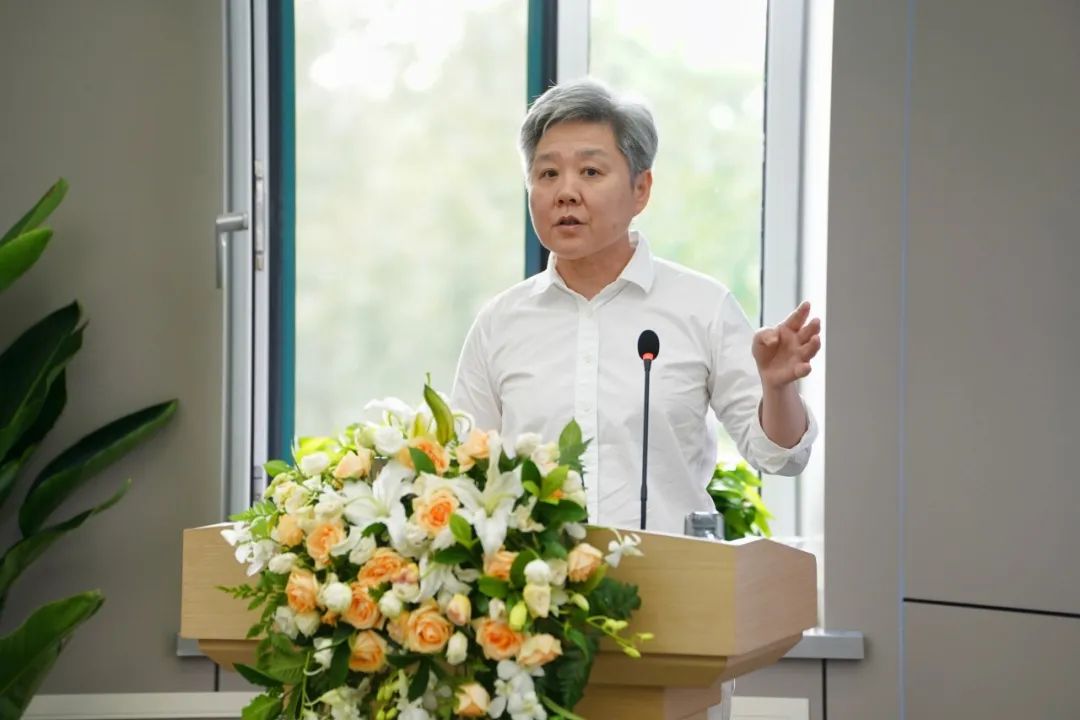
In his presentation titled ‘The Pre-Announcement Drift in China: Government Meetings and Macro Announcements’, Professor Pan Jun discussed the impact of Chinese government meetings and macroeconomic announcements on the stock market. The study found that, on average, there is a 42-basis point return in the Chinese stock market within 48 hours before major government meetings, a phenomenon similar to the market reaction before Federal Open Market Committee (FOMC) meetings in the United States. In contrast, market reactions to macroeconomic indicators such as M2 money supply, GDP, and CPI announcements were relatively weak and not statistically significant. Additionally, fluctuations in stock returns during periods of high market volatility can primarily be explained by the ‘heightened uncertainty channel’, where investors tend to sell off stocks heavily in the five days leading up to the meeting but start buying them back two days before the announcement. In periods of low volatility, this phenomenon might be mainly driven by information leakage channels.
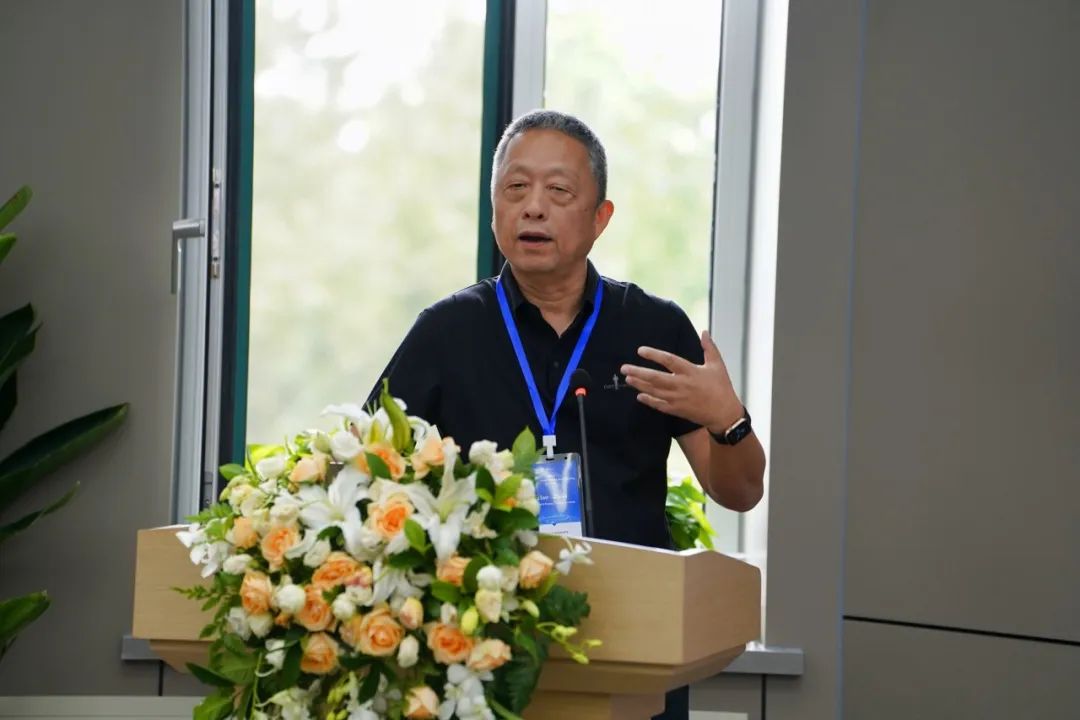
Professor Zhou Hao from Tsinghua University commented on the report. He fully acknowledged the research value of the report and gave high praise to its writing. Professor Zhou then offered a series of in-depth suggestions for further research, focusing on aspects such as the choice of research time periods and the interpretation of conclusions in the report.
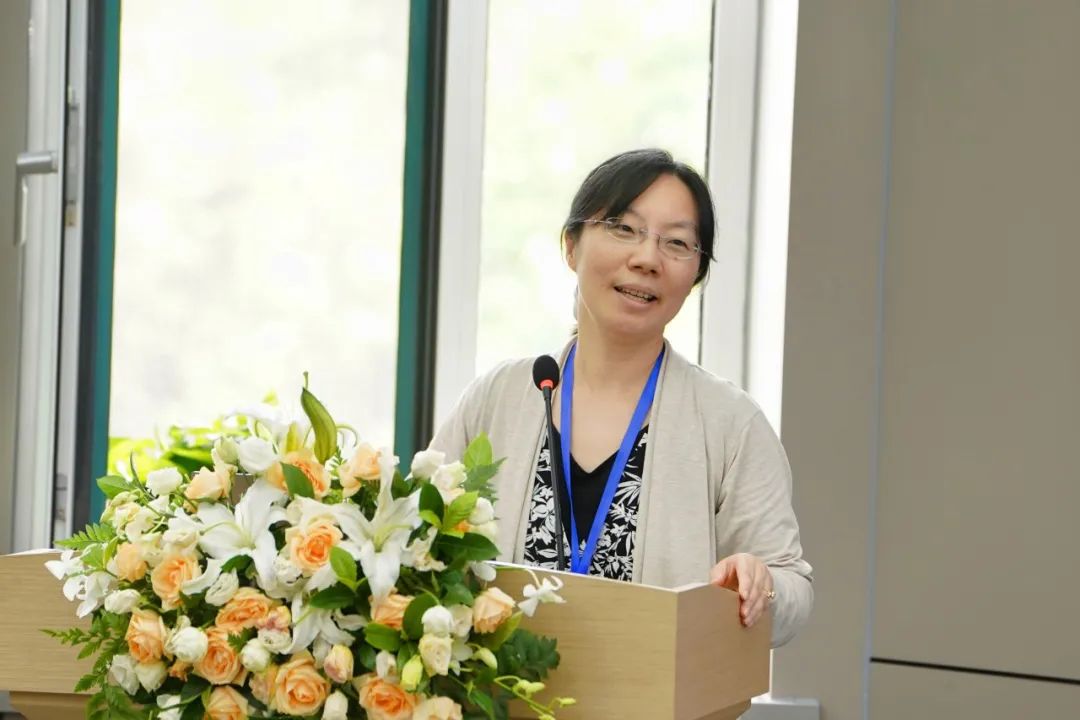
In her presentation titled ‘Global Monetary Policy Shocks, Financial Frictions, and Export Prices’, Professor Li Yao explored the impact of U.S. monetary tightening on the export prices of Chinese firms. The report suggests that exogenous monetary tightening policies lead to higher export prices for firms. This occurs because tightening monetary policy worsens firms’ liquidity conditions, increasing their need for external financing, which in turn raises financing costs and consequently boosts export prices. The study also found that this price increase is more pronounced for firms facing stronger financial constraints and for firms exporting to countries with less developed financial systems. Additionally, the research indicates that despite China’s strict capital controls and relatively independent monetary policy, local financial markets and export firms are still influenced by U.S. monetary policy and global financial cycle fluctuations. An important insight from Professor Li Yao’s team is that while tightening monetary policy aims to control inflation, it may also become ineffective by increasing the prices of imported goods.
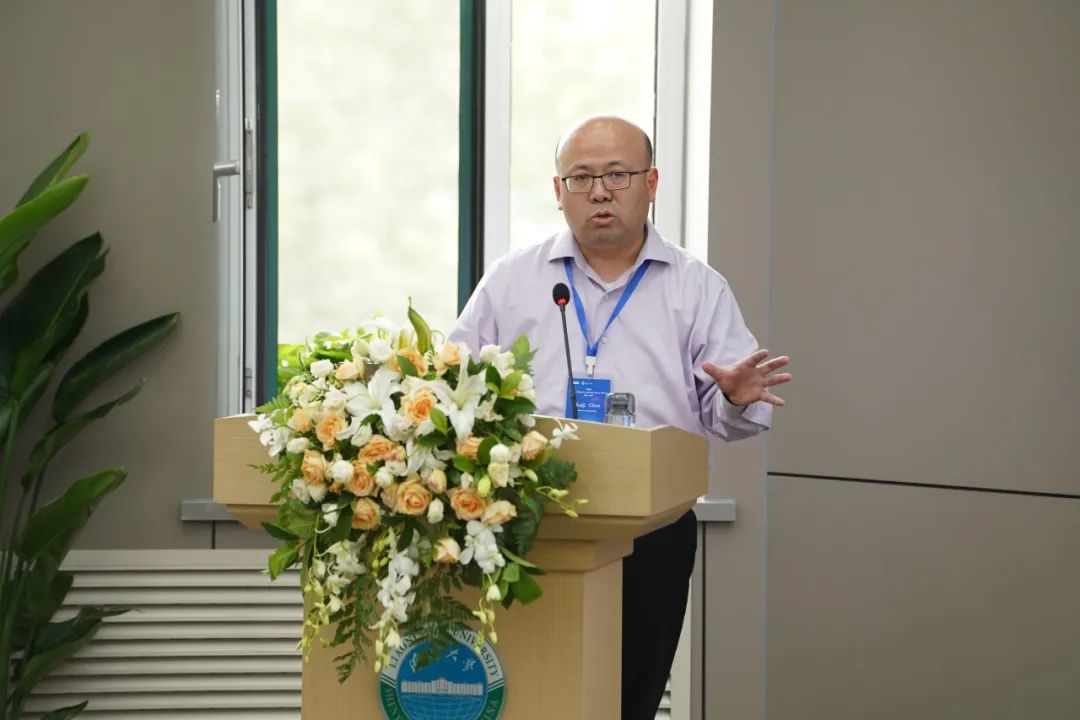
Professor Chen Kaiji from Emory University provided feedback on the report. He noted that the paper offers a different perspective compared to previous research: while earlier studies suggested that tightening monetary policy leads to reduced import demand and consequently lower export prices, this paper presents a novel supply-side mechanism that arrives at the opposite conclusion, providing a dialectical supplement to existing research. Professor Chen then offered suggestions on the report, focusing on the impact mechanisms, indicator construction, and heterogeneity tests.
The attendees showed a strong interest in the scholars’ research, asking questions and offering suggestions, which led to an engaging and lively discussion.
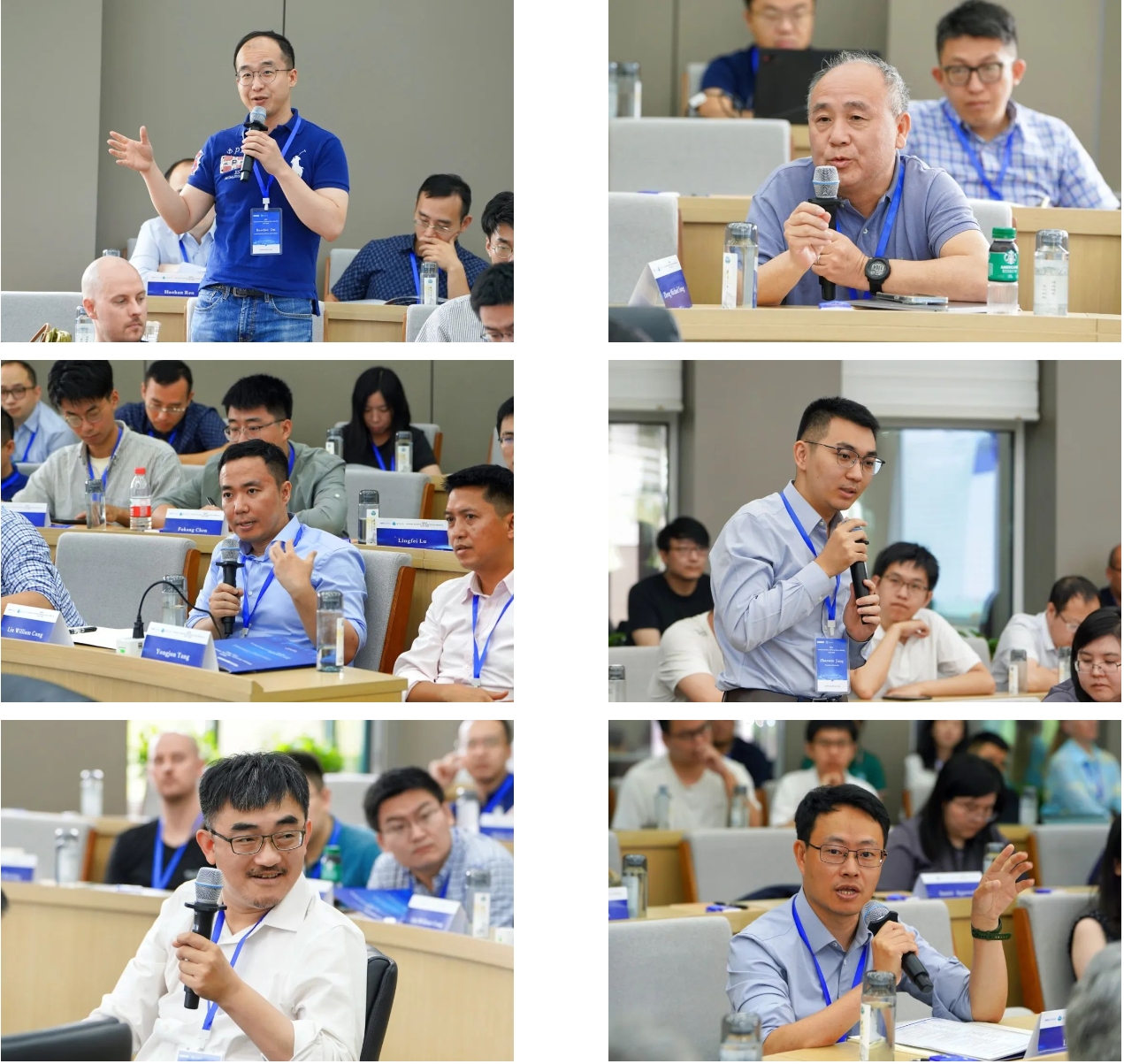
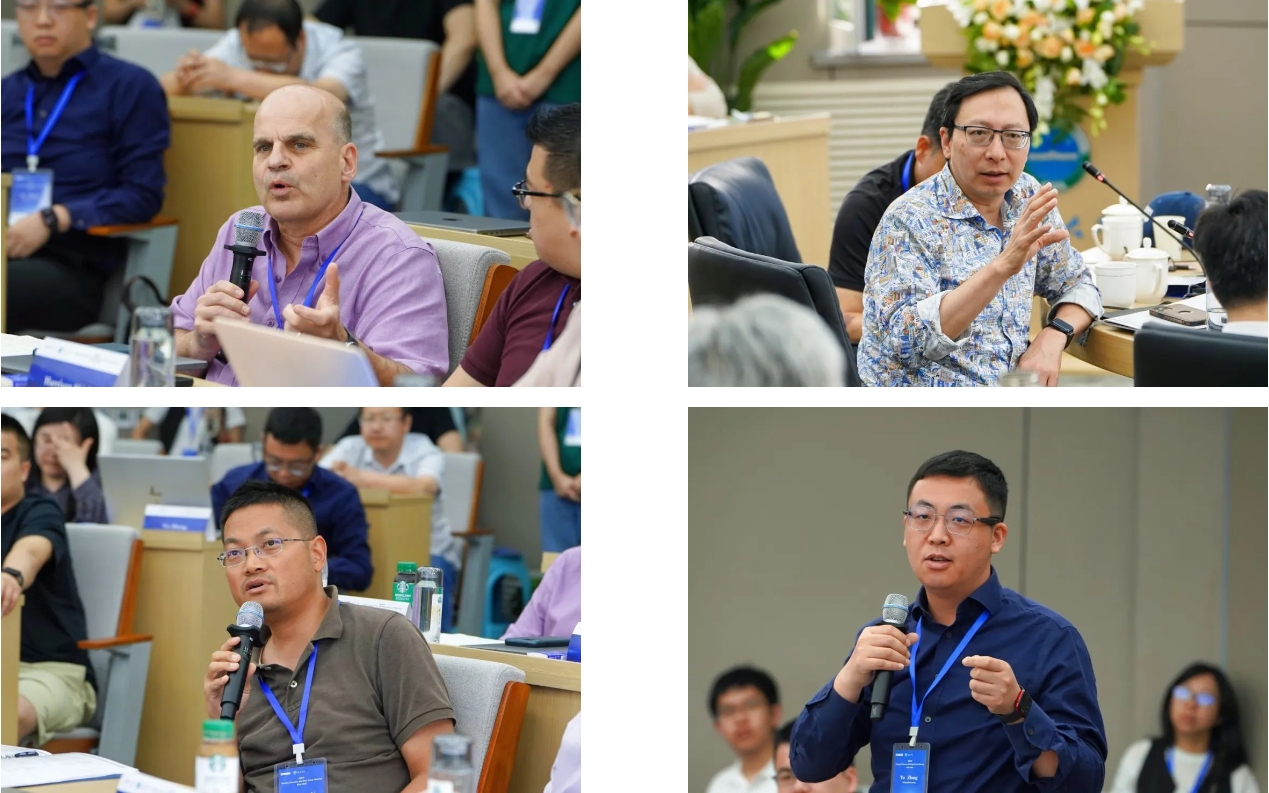
The meeting was hosted by Liaoning University and organized by the Division of Economics and the School of Finance and Trade. More than 150 participants, including faculty members, students from various departments of Liaoning University’s School of Economics, and scholars from other institutions who came in response to the event, attended the meeting.
